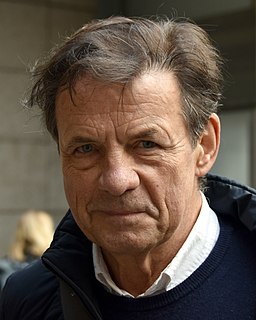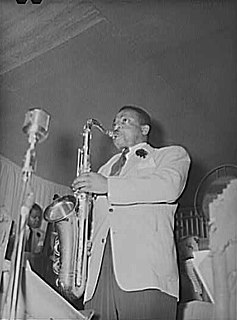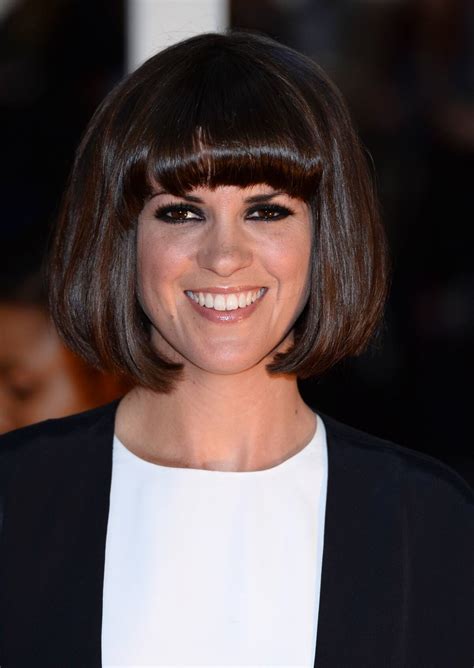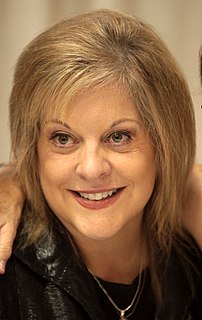A Quote by Trevor Noah
A lot of black people worked with the police as snitches. We used to call them bimpees where I grew up. And, you know, they were afforded special privileges. They may have been paid by the police. But you never knew who was informing on you. We lived either next door to or - two doors away from us was a known informant in Soweto.
Related Quotes
It's been rough for me trying to find my position in the struggle and where my voice is needed and helpful. You know, I grew up in Philadelphia, and Philadelphia has a really rough police-brutality history. I grew up in a neighborhood where it was very clear that the police were "them" and we were "us".
Many White people are not sensitive to the kind of abuse that African Americans, especially younger African Americans, receive at the hands of police officers and police departments. I think for most Whites their experience with the police has been good or neutral because they don't interact with the police as much as those in the Black community.
I used to live at the Cecil Hotel, which was next door to Minton's [Playhouse]. We used to jam just about every night when we were off. Lester [Young], Don Byas and myself - we would meet there all the time and like, exchange ideas. It wasn't a battle, or anything. We were all friends. Most of the guys around then knew where I lived. If someone came in Minton's and started to play - well, they'd give me a ring, or come up and call me down. Either I'd take my horn down, or I'd go down and listen. Those were good days. Had a lot of fun then.
In South Africa, being Chinese meant I wasn't white and I wasn't black. I trained in Baragwanath Hospital, the largest black hospital in South Africa. That was around 1976, the time of the Soweto Uprising, when police fired on children and students who were protesting. I was part of the group of interns who volunteered to treat them.
I would say I'm black because my parents said I'm black. I'm black because my mother's black. I'm black because I grew up in a family of all black people. I knew I was black because I grew up in an all-white neighborhood. And my parents, as part of their protective mechanisms that they were going to give to us, made it very clear what we were.
White people's fear of Black people with guns will never cease to amaze me. Probably it's because they think about what they would do were they in our place. Especially the police, who have done so much dirt to Black people - their guilty conscience tells them to be afraid. When Black people seriously organize and take up arms to fight for our liberation, there will be a lot of white people who will drop dead from no other reason than their own guilt and fear.

































